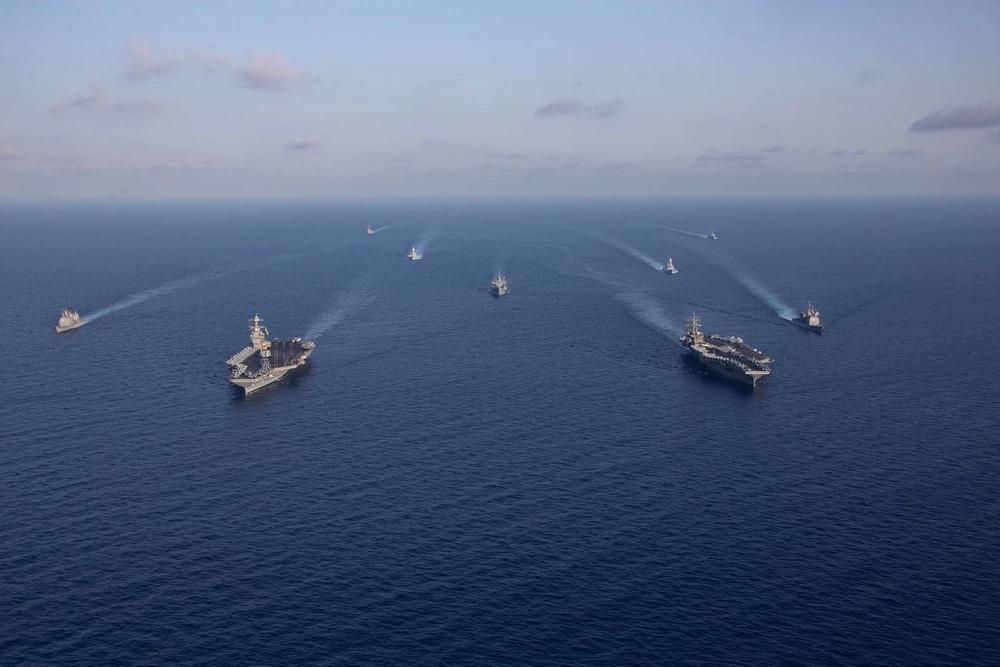WASHINGTON—The U.S. Navy lacks sufficient ships and crew to conduct a war with China, according to one Congressman.
China’s dominance in global ship manufacturing is further exacerbating the issue, said Rep. Michael Waltz (R-Fla.) during a Feb. 5 talk at the Heritage Foundation, a conservative think tank.




